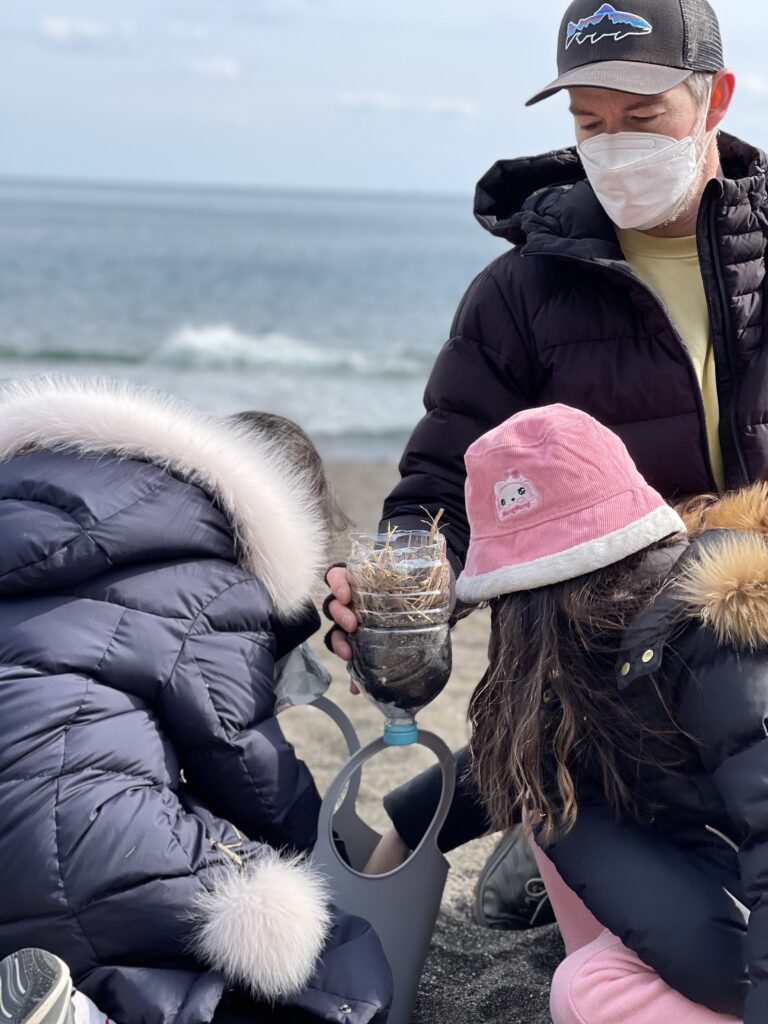
Camp Happy English programs follow a Task-based approach to language teaching (TBLT). As such, programs are designed to engage learners in meaningful tasks that are related to their interests and provide meaningful language use outside of school.
A task is defined as “an activity in which meaning is primary; there is some communication problem to solve; there is some sort of relationship to comparable real world activities; task completion has some priority; and the assessment of the task is in terms of outcome” (Skehan, 1998: 95).
To fulfill TBLT language goal, Camp Happy English programs practice the following criteria:
- Give campers English target language they can understand and process (e.g. listening to lessons to finish worksheets);
- Give campers English information and receive English information from campers. (e.g. give instructions and have campers make decisions);
- Use linguistic and non-linguistic resources to give English information (e.g. give campers vocabulary through video and hands-on activities);
- Give campers English they will immediately use in real-world/camp situations (e.g. understanding the parts of a water filter);
- Have campers create an outcome other than use of language (e.g. creating an emergency shelter).

Camp Happy chose to follow a TBLT pedagogy due to its success. TBLT has received substantial research attention from a range of different academic fields, and research has provided strong empirical bases to support its effectiveness. TBLT in particular has shown success in developing learners’ transactional competence. With every camp, Camp Happy strives to give Campers opportunities to participate in meaningful tasks so that they can appreciate the English language in a meaningful way.
Note: Adapted from Tavakoli, P. and Jones, R. (2018). An overview of approaches to second language acquisition and instructional practices. Cardiff: Welsh Government report number 12/2018.
Skehan, P. (1998). A cognitive approach to language learning. Oxford: Oxford University Press.